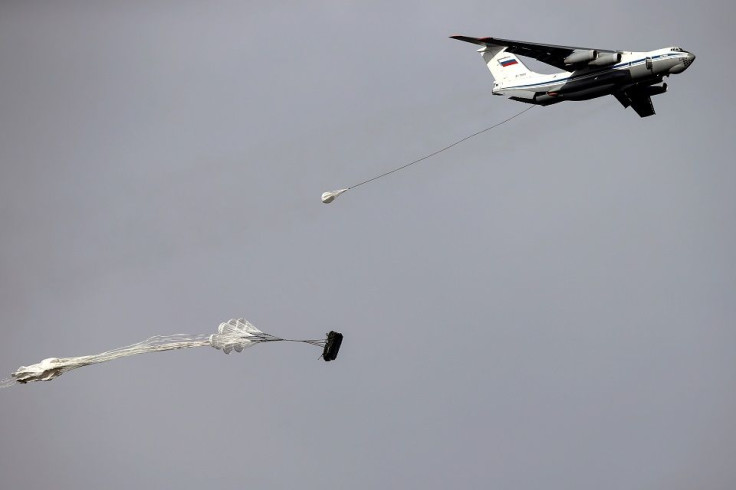World War III Update: NATO places 300,000 troops on high alert; 8 European nations brace for war

Up to eight nations are reportedly preparing for a global war amid the resumption of bombings in Aleppo by Russia and Syria hours after the 16-day ceasefire ended on Nov 4. Although chances of World War III erupting is seen as slim, NATO is not taking chances by placing around 300,000 of its soldiers on high alert.
Scout lists eight European countries which have been preparing for a possible war, although residents still hope the Cold War would not result in a nuclear war. The eight countries are Ukraine, Estonia, Latvia, Lithuania, Norway, Poland, Finland and Sweden.
Their preparations range from physical measures such as digging trenches in Ukraine to political initiatives such as Finland and Sweden securing defence deals with the U.K. and US.
Estonia is holding military sports contests such 25-mile ruck marches, evasion exercises, plant identification, other tests skills and encouraging citizens to keep arms at home. Similarly, Latvians are being made home guards by allowing citizens to keep weapons d night vision devices at home.
Lithuania, which distributed a civil defence book, instructed civilians how to survive a Russian invasion and plans to conscript men between 19 and 26 years old for compulsory military training. Norway has invited more NATO troops, while Poland purchased large amounts of military equipment.
NATO plans to deploy the 300,000-strong troops in two months, part of the organization’s initiative to manage tensions between the west and Russia, Morningnewsusa reports.
In Aleppo, Russian jets hit civilian areas less than 24 hours after the 7 pm Friday deadline for rebels to leave the war-torn city ended. The Russians used parachute bombs which left a huge smoke plume and dust to rise in the sky.
The Russian Air Force routinely use parachute bombs, conventional shells attached to a tiny parachute that slows down the descent of the weapon, because it is a more effective weapon to strike at tunnels used by rebels and jihadis.




















